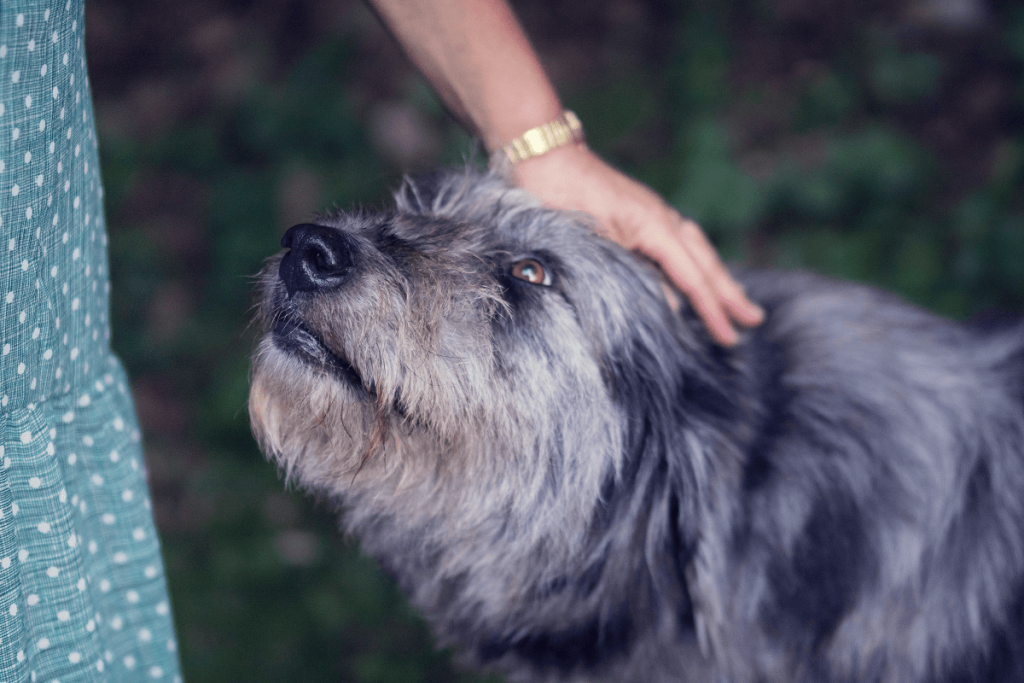If you have a dog, they’re bound to have a fair few bouts of diarrhoea over their lifetime. While most cases of diarrhoea are due to a change in diet, or your dog eating something they shouldn’t have, there are a number of serious health conditions that can cause diarrhoea.
What causes diarrhoea in dogs?
The most common reasons for diarrhoea in dogs that we see in our small animal clinic include:
- Eating too much
- Eating fatty food or table scraps
- Eating rubbish or spoiled food
- Change in diet
- Allergies
- Anxiety
- Medication
- Bacterial or viral infection
- Inflammatory bowel disease
- Intestinal parasites
- Ingestion of foreign objects – such as bones, toys or other things a dog shouldn’t swallow
When should you bring your dog to the vet?
If your puppy has diarrhoea, it’s important that you bring them to the vet straight away, as they can become dehydrated and quite unwell very quickly. If your dog only has a couple of episodes but is otherwise happy with no other symptoms, then there is no need for further investigation. More than likely your dog has eaten something they shouldn’t have, and they will quickly get better on their own.
There are, however, a number of instances where your dog does need veterinary attention. If your dog has any of the below symptoms, it’s important to contact your vet immediately:
- Your dog is straining to poo, but only passing small amounts of watery diarrhoea.
- There is more than a spot or two of blood in the diarrhoea
- Your dog has additional symptoms, such as vomiting, lethargy or decreased appetite
- Your dog has had more than two episodes in a short amount of time, or the diarrhoea continues for longer than a day
How to treat a dog with diarrhoea
Most cases of mild diarrhoea will resolve on their own with some rest and a bland diet for a day or two. Some plain cooked rice and a little cooked chicken will help soothe your dog’s tummy before they return to their usual diet. Don’t forget to offer plenty of water to help your pup rehydrate.
If your dog’s diarrhoea is more serious or is accompanied by other symptoms, then your vet will need to conduct a thorough examination and run a range of diagnostic tests to determine the cause. Along with any treatment for the cause of the diarrhoea, your vet may also prescribe special medication to help control your dog’s bowel movements to help them recover.
We’re here to help
It’s always best to err on the side of caution when it comes to diarrhoea. If your dog doesn’t quite seem themselves, then getting them properly checked over is always worth it for your peace of mind. You can call our small animal clinic on 08 8318 1801.



